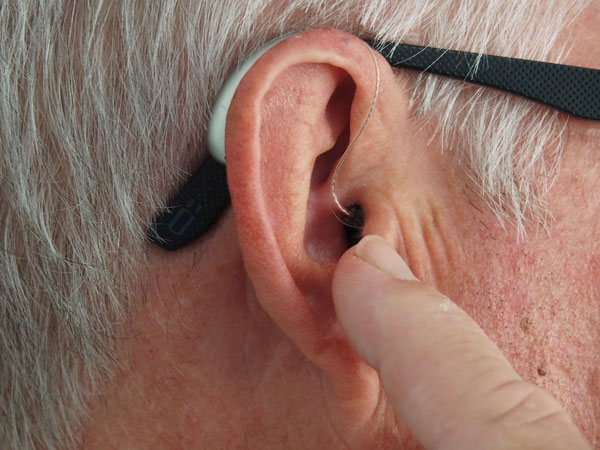Natural Remedies for Tinnitus:
Tinnitus Home Treatment
Practical Tips for Living Well with Tinnitus
Living with tinnitus, characterized by persistent ringing or buzzing in the ears, can be challenging. However, you can effectively manage its symptoms and enhance your general well-being with doable tactics and lifestyle modifications. Here’s a comprehensive guide to coping with tinnitus.
Understanding Tinnitus
As a symptom of several disorders, including age-related hearing loss, ear injuries, and circulation problems, tinnitus is not a disease. Additionally, some drugs, earwax accumulation, and excessive noise exposure can cause it to happen. Tinnitus presents as ringing, buzzing, hissing, or roaring sounds and varies in intensity from person to person.

Coping Strategies and Lifestyle Changes
1. Protect Your Hearing
When in noisy situations, wear earplugs or earmuffs as ear protection to protect your ears from loud noises like concerts or equipment. By taking precautions, you can lessen the symptoms of tinnitus and stop additional damage to your ears.
2. Manage Stress
Stress and anxiety can exacerbate tinnitus. To lower stress levels and ease tinnitus-related discomfort, try relaxation techniques like deep breathing, yoga, or meditation.
3. Maintain a Healthy Lifestyle
Eating a balanced diet rich in nutrients and vitamins, particularly vitamin B12 which supports ear health, can be beneficial. Regular physical activity improves blood circulation and may help lessen tinnitus symptoms.
4. Avoid Tinnitus Triggers
Certain substances like caffeine, nicotine, and alcohol can intensify tinnitus. If you find that removing or cutting back on these factors from your diet helps ease your symptoms, think about doing so. Natural Treatments and Remedies
Natural Remedies and Therapies
Herbal Supplements
Research supplements like zinc or ginkgo biloba, but before beginning any new supplement regimen, get medical advice.
Sound Therapy
Utilize background noise from white noise machines, soothing music, or nature sounds to mask tinnitus and reduce its impact on your daily life.
Cognitive Behavioral Therapy (CBT)
CBT methods can assist in altering unfavorable cognitive patterns linked to tinnitus and lessen emotional suffering brought on by the illness.
Seeking Professional Help
If you’re struggling to manage tinnitus on your own, seek assistance from healthcare professionals:
Consult an Audiologist or ENT Specialist
They can assess your condition and recommend treatments such as hearing aids or tinnitus retraining therapy (TRT) tailored to your specific needs.
Explore Medication Options
In some cases, medications like antidepressants may be prescribed to alleviate severe tinnitus symptoms.
Managing tinnitus requires patience and a proactive approach. By implementing these strategies, making lifestyle adjustments, and seeking professional guidance, you can significantly improve your ability to cope with tinnitus and enjoy a better quality of life. Remember, you are not alone in this journey, and there are resources available to support you in effectively managing tinnitus and its impact on your daily life.
